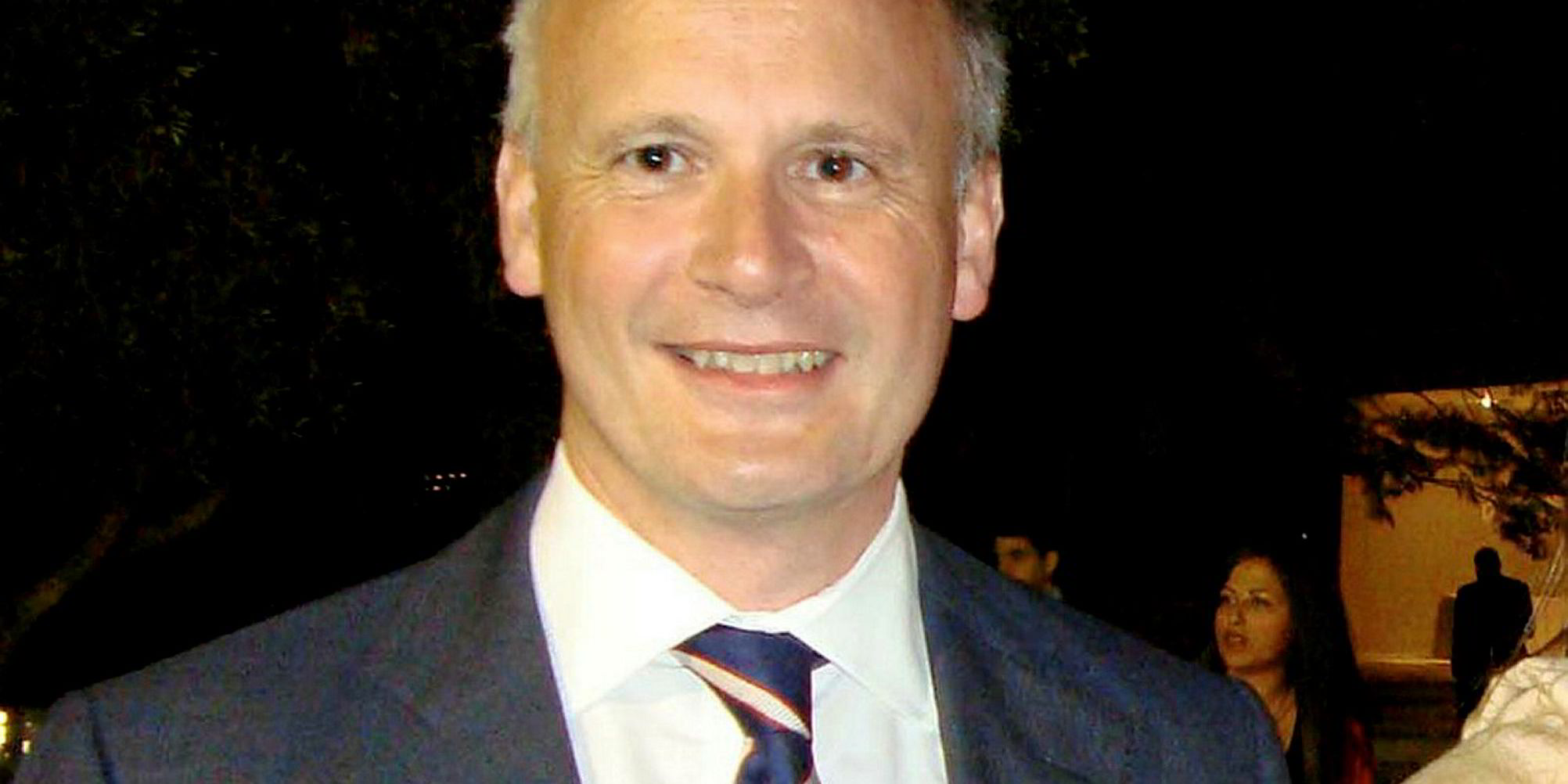In July 2015, shortly after the Joint Comprehensive Plan of Action (JCPOA) was signed, Fortune magazine ran a piece extensively quoting Sharon Squassoni, then director of the Proliferation Prevention Program at the Center for Strategic and International Studies.
“Despite all the attention to US sanctions, the short-term economic game changer for Tehran will be the lifting of European Union bans... Squassoni notes the regime ‘is mostly interested in reconvening trade with the EU, with China, with countries that are big buyers of oil’.”
Almost three years later the world’s oil tankers are again plying their trade to and from Iran, but the question remains: has the deal lived up to all that it promised?
The horrific loss of the Panamanian-flagged, Iranian-owned tanker Sanchi and its crew shows, if ever an example was needed, of the necessity of effective insurance cover. The International Group can take pride in the speed and agility of its response to the shipowning community’s insurance needs following the lifting of nuclear-related sanctions. Initially, it used bespoke “fall-back” cover to pick up any shortfalls arising from the inability of US-domiciled reinsurers to pay their share of any claim in excess of the $100m retention. In 2017, it reconfigured the programme to remove US-domiciled insurers altogether.
That agility has not been matched by the rest of the financial services industry, whose reluctance to re-engage with Iran has, on occasions, paralysed the transfer of funds to and from the republic, even though the transaction involved was lawful and did not involve any designated Iranian parties.
Who can blame the banks for such reluctance? The Obama administration consciously reached out to European banks to encourage their re-entry to the Iranian market. The same cannot be said of the Trump presidency, whose most recent announcement has in effect started a four-month countdown to the US ceasing compliance with the agreement.
That is not to say that Iran has not reaped significant benefits. Oil exports have returned to near pre-sanctions levels. It has repatriated funds blocked in overseas accounts and reintegrated itself into the international financial system. Its economy grew by 7% in 2016, with a similar result anticipated in 2017.
But events in the Middle East serve only to illustrate the fragility of such progress. The US justifiably feels outmanoeuvred in Syria and while much of the focus has been on Putin’s muscular diplomacy, Iran has played a significant military role in propping up the Assad regime and has strengthened its ties with Russia. In addition, it will not have gone unnoticed in the US that Iran is now seeking to modernise its armed forces.
And Iran remains one of the most heavily sanctioned countries on the planet. While the JCPOA relaxed nuclear-related sanctions that specifically targeted the seaborne transport of oil, US and to an extent EU sanctions relating to Iran’s support for terrorism and human rights’ abuses remain.
This makes more onerous the compliance processes now routinely employed by banks and insurers before handling such transactions.
So I doubt very much whether even the most ardent advocate of the JCPOA would hold it up as an unbridled success. The moderate goodwill engendered by the Obama administration has long since been superseded by the suspicion generated by other developments in the Middle East and a US administration that makes no secret of its distrust of Iran.
For now, the International Group is able to provide a credible insurance solution for those engaged in trade to Iran, which ensures claims of the type that will arise out of the Sanchi disaster can be paid. But the continuing antipathy of the banks, fuelled by the increasingly negative attitude of the US, means that the days of the JCPOA may well be numbered.



